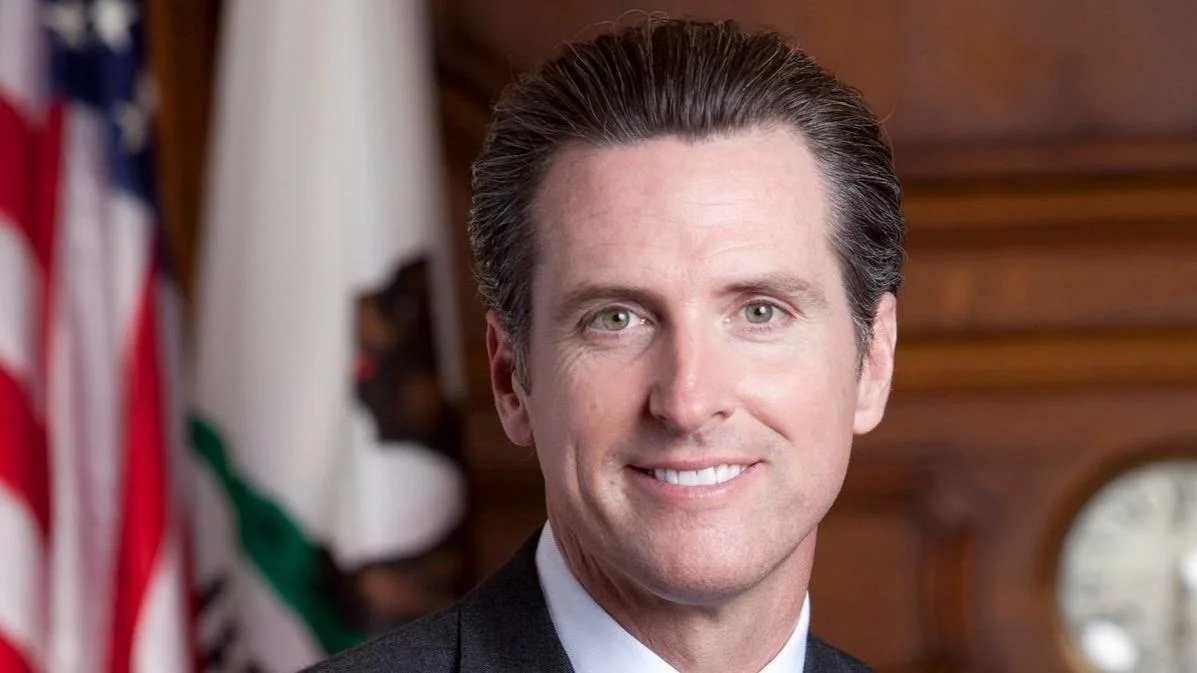
Gavin Newsom, Governor of California | Official website
Voter-approved Proposition 1 continues to fund efforts in California aimed at reducing homelessness and improving mental health services. Governor Gavin Newsom announced the allocation of $106.2 million to support the creation of supportive housing units for veterans and individuals with behavioral health challenges in several communities, including Oakland, Los Angeles, Stockton, and San Jose.
“California has built a strong system to help local communities address the homelessness crisis. For decades prior to my administration, state leaders turned their backs on those dealing with mental health and addiction. I am committed to rebuilding a strong system of support and accountability to ensure that no one suffers on our streets without help. No more excuses — everyone must step up to address this crisis,” said Governor Gavin Newsom.
Proposition 1 was approved by voters in 2023 and includes a $6.4 billion Behavioral Health Bond for housing, services, and treatment targeting veterans and people experiencing homelessness. The funding is expected to create thousands of residential treatment beds and outpatient slots across the state.
The Homekey+ program, modeled after an earlier initiative by Governor Newsom, provides resources for building residential care settings and expanding behavioral health treatment access. The latest round of funding will support projects in cities such as Oakland, Los Angeles, Chula Vista, Rancho Cordova, Napa, as well as Glenn County—adding 321 permanent supportive homes for vulnerable populations.
To date, Homekey+ has awarded $284.6 million for 16 projects resulting in 825 affordable homes with supportive services statewide. In August, more than $76 million was allocated primarily to a project in San Jose.
“California’s Homekey+ program is investing in people and neighborhoods across the state, providing affordable housing and supportive services for Californians who are experiencing homelessness and living with behavioral health challenges,” said Business, Consumer Services and Housing Agency Secretary Tomiquia Moss. “The supportive housing projects being awarded today are a testament to the Governor’s ongoing partnership with local jurisdictions and unwavering commitment to create housing for all Californians, including our Veterans and our most vulnerable.”
“This tremendous partnership with CalVet to house and support veterans and other Californians who are struggling is a testament to the Governor’s fervent commitment to addressing a homelessness crisis decades in the making,” said HCD Director Gustavo Velasquez. “Across agencies and departments, we are working together—and with local partners—focusing our combined resources to build on ongoing successes in reducing unsheltered homelessness.”
“This new round of Homekey+ awards is more good news for California veterans and their families,” said CalVet Secretary Lindsey Sin. “We appreciate the hard work of the California Department of Housing & Community Development and other partners in creating innovative housing solutions across the state for those who have served our nation with honor and courage.”
Approximately $1.033 billion from Proposition 1 bonds remains available through Homekey+ specifically for veteran-focused projects; another $1.11 billion is open for broader target populations using both Proposition 1 bond funds and Homeless Housing Assistance Prevention (HHAP) program funds.
Proposition 1 also supports expansion of mental health care through the Bond Behavioral Health Continuum Infrastructure Program (BHCIP), which aims to build out infrastructure needed for crisis stabilization as well as long-term treatment options statewide.
Last week near Stockton in San Joaquin County, construction began on the Be Well Campus—a facility designed to provide expanded access to mental health care in California’s Central Valley region. When complete, it will offer multiple types of facilities with over 100 treatment beds and more than 1,200 outpatient slots annually.
“Expanding behavioral health care is one of the most important investments we can make in California’s future,” said Health and Human Services Secretary Kim Johnson. “Settings like the Be Well Campus strengthen communities by making sure people have access to treatment and support when they need it most. This is how we break cycles of crisis, reduce homelessness, improve wellness, and give tens of thousands of Californians a real chance at recovery and stability.”
The state is also introducing better data tools such as a new public dashboard released by the California Interagency Council on Homelessness that offers insights into experiences among domestic violence survivors—and highlights areas where additional focus may be needed.
Data shows that while national rates of homelessness rose sharply—over 18% nationally—California kept its increase limited to just 3%, which was lower than increases seen in many other states such as Florida or Texas (source: https://www.huduser.gov/portal/sites/default/files/pdf/2024-AHAR-Part-1.pdf). The rate of unsheltered homelessness growth was also much lower compared nationally (0.45% vs nearly 7%). The state achieved notable reductions particularly among veterans experiencing homelessness.
Governor Newsom's office reports that since his administration began prioritizing these issues in 2019—including reforms such as updated conservatorship laws—the pace at which unsheltered homelessness grew has slowed significantly compared with previous years.
 Alerts Sign-up
Alerts Sign-up